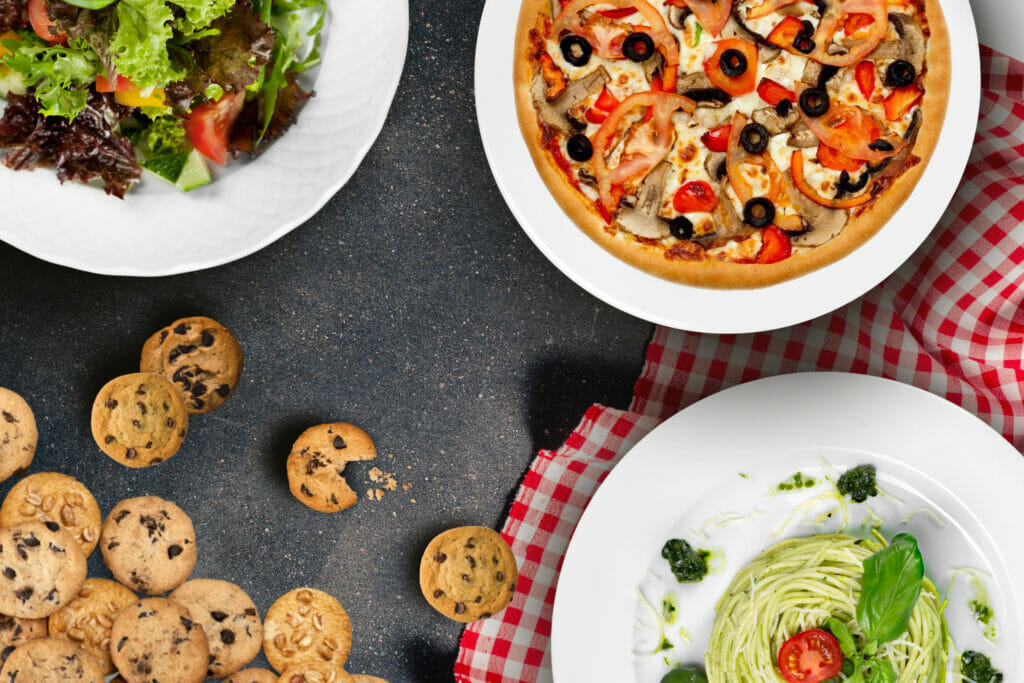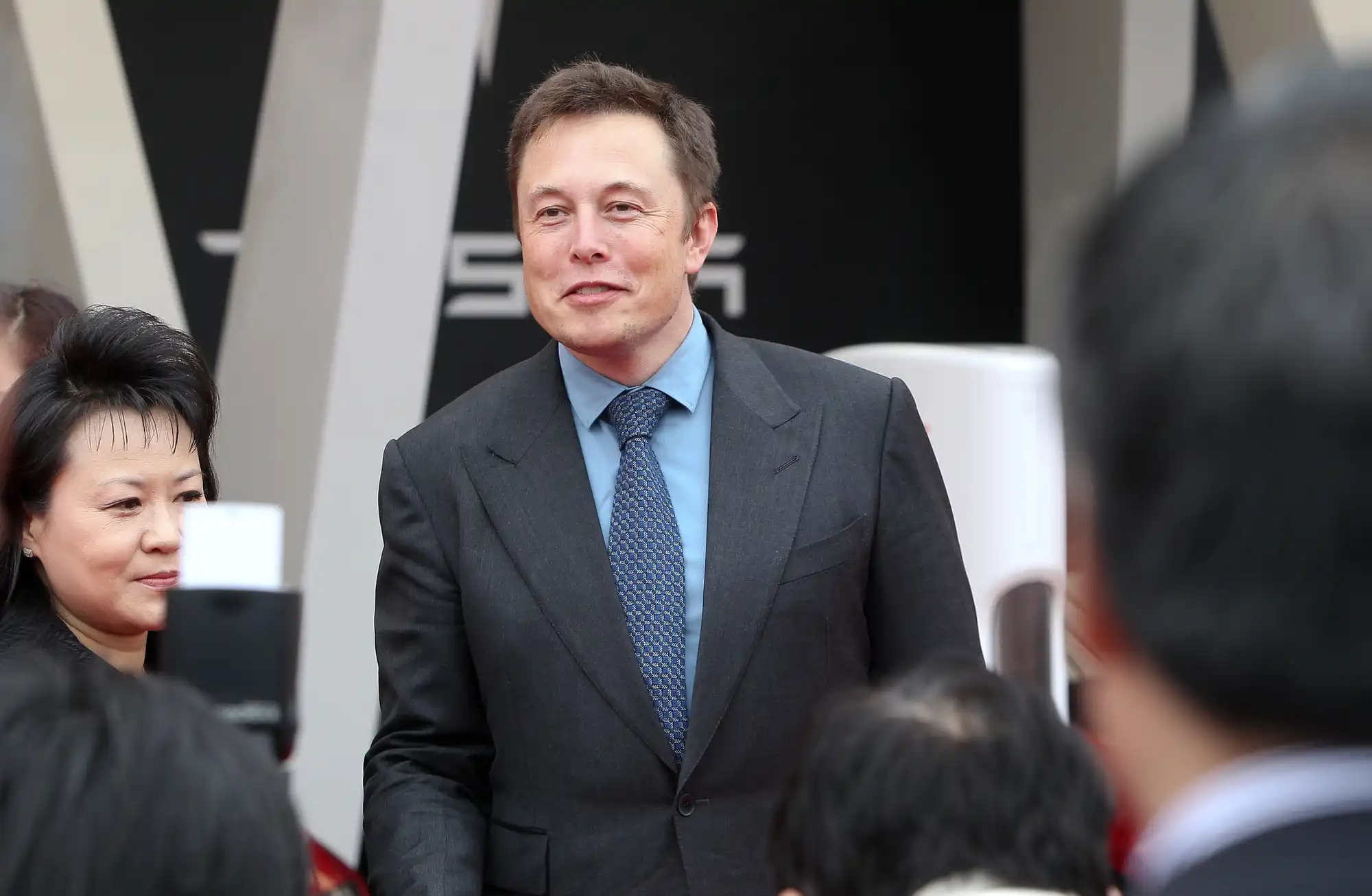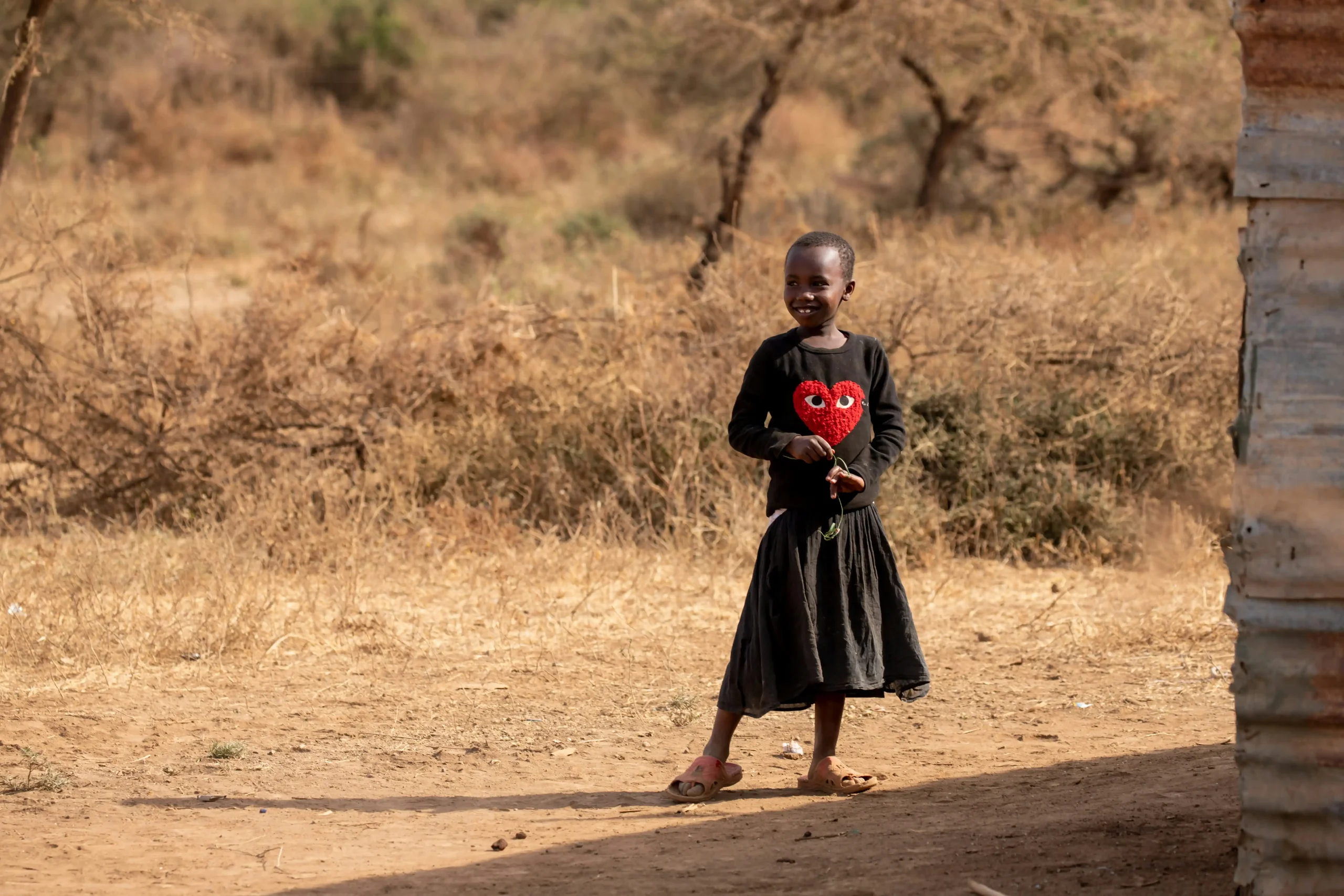Some diets promise a slim figure, others a health-promoting effect. Still others are driven by environmental concerns. However, no matter which one we choose it is every time we allow ourselves a small deviation, there is a nagging sense of guilt. Do you know it? Flexitarianism comes to the rescue. What does it offer and what does it consist of?
I'm on a diet
The statement “I’m on a diet” usually has the aftertaste of a paper plate of appetizing morsels we can’t eat. It’s a deviation from the norm, a sacrifice to look better, to be healthier, to… Meanwhile, with diet it’s like the weather. It’s not always pretty, but it’s always there. “We have a very misguided attitude, diet is present in our lives from birth, it is important to direct it, introduce healthy eating habits, so that a healthy diet becomes our lifestyle,” notes Kinga Paruzel, author of the book “Flexitarianism”, finalist of the first edition of MasterChef Poland.

nutrition trends
According to the guidelines of the National Institute of Public Health, a complete diet should consist of half of vegetables and fruits, and the remainder proportionately of carbohydrates and protein. Such guidelines are met by flexitarianism (from flexible), which is a well-balanced vegetarian diet combined with occasional meat consumption. Just how is this different from a “regular” diet?
“Flexitarianism is not a diet that imposes a regime. We have complete freedom of what and how often we eat, but with great awareness for the product: what benefits it gives us. It’s an extremely intuitive diet that requires a lot of self-awareness, but it’s also the diet of a conscious consumer,” says Kinga Paruzel. However, can eating without sacrifice be healthy? We asked Anita Maćkowiak, a nutrition coach, for her opinions.
“Yes, if it is well-balanced and covers our needs for micro- and macronutrients. Therefore, we should try to eat consciously, because there is no one good diet for everyone. Every person is different, has different needs, different ailments, so flexitarianism can be a good
solution.”
elimination diet
Some people consciously limit their consumption of zoonotic products out of concern for the welfare of nature. But just as often, the tipping point in perceiving the role of food and its impact on our bodies is health ailments. “I felt like a wreck after pregnancy and breastfeeding,” says Natalia, a dance instructor. “After consulting with a nutritionist, I rejected some of the products such as tomatoes and bananas and went on a very strict elimination diet. Over time, I began to expand my diet again while observing my body. Now I eat, primarily, vegetables, eggs, butter, once or twice a week fish. For that, I completely gave up dairy. And only now do I feel that my energy is on the upswing.”
my choice
Julia, a socio-cultural animator, has a completely different experience, “The transition to a flexitarian diet was spontaneous. Admittedly, I’ve wanted to reduce the amount of meat I eat before, but convenience has always won out. One day, I was simply turned away from meat. However, every now and then I happen to eat them and I absolutely do not blame myself. No decision is final. It’s always my choice.” As he notes, changing habits is not always easy: “My in-laws, who eat a lot of meat, said for a long time that eating meatless is not eating. And now they are making tripe from oyster mushrooms, hummus, vegetable pastes. I feel that I have a real impact on making people around me change their eating habits.”
How to change eating habits?
Typically, change is neither simple, easy nor pleasant. Especially if we hear from the child “meat eat, potatoes you can leave”. However, if you are going to limit meat consumption, it is worth following a few rules: surround yourself with vegetables and fruits, listen to your body, don’t be afraid to experiment, be open to new flavors, use spices, herbs and vegetable oils – they are the carriers of taste. And as Alexandra Rudnicka, a flexitarian and mental toughness coach, advises, “use the small steps method. Radical changes are usually short-lived. At some point there is a crisis, and then the need to eat meat is so strong that many people give up limiting their meat consumption, concluding that this is not the diet for them. And changing habits, including eating habits, is a process. You have to give yourself time and be understanding to yourself.”
Source: https://pacjent.gov.pl/diety/jak-zdrowo-sie-odzywiac





